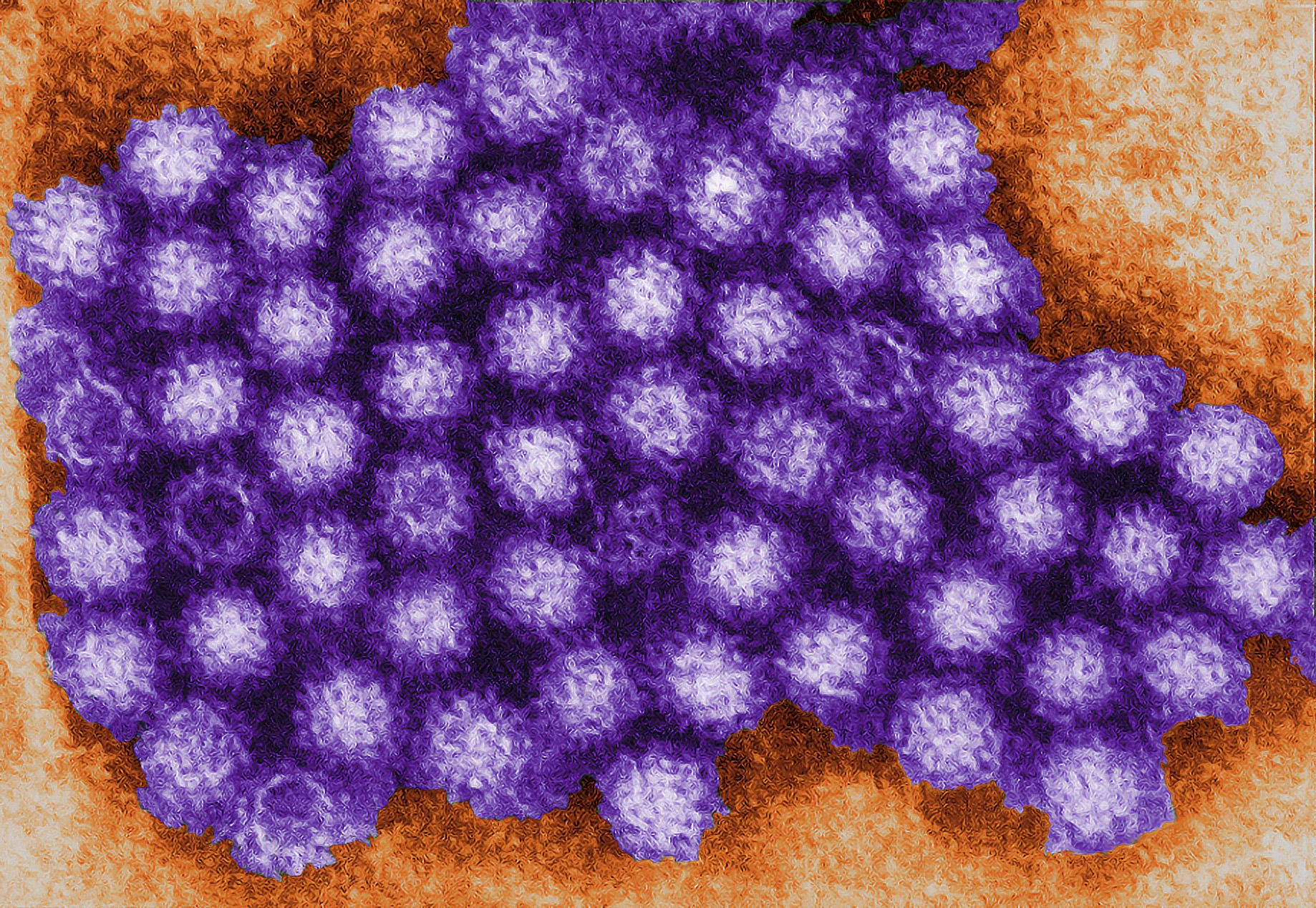Rising number of norovirus cases in nurseries and care homes
People should stay at home and avoid visiting elderly relatives if they have symptoms, the UK Health Security Agency said.

Your support helps us to tell the story
From reproductive rights to climate change to Big Tech, The Independent is on the ground when the story is developing. Whether it's investigating the financials of Elon Musk's pro-Trump PAC or producing our latest documentary, 'The A Word', which shines a light on the American women fighting for reproductive rights, we know how important it is to parse out the facts from the messaging.
At such a critical moment in US history, we need reporters on the ground. Your donation allows us to keep sending journalists to speak to both sides of the story.
The Independent is trusted by Americans across the entire political spectrum. And unlike many other quality news outlets, we choose not to lock Americans out of our reporting and analysis with paywalls. We believe quality journalism should be available to everyone, paid for by those who can afford it.
Your support makes all the difference.Public health chiefs have urged people to take steps to limit the spread of norovirus, after a rise in cases in nurseries and care homes in England.
The UK Health Security Agency (UKHSA) said norovirus cases have been rising as people mix more and warned that “unusual or out-of-season increases” could be seen in the coming months.
It says people should stay at home and avoid visiting elderly relatives if they have symptoms.
Norovirus, also known as the winter vomiting bug, is highly infectious and easily transmitted through contact with infected individuals or contaminated surfaces.
The UKHSA said the number of outbreaks increased during four weeks between the end of January and February, initially in educational settings and then in care homes.
Some 48% more outbreaks than would usually be expected were reported in settings such as nurseries and childcare facilities.
Stay at home if you are experiencing norovirus symptoms and do not return to work or send children to school or nursery until 48 hours after symptoms have cleared
Care home outbreaks have risen from 24 reported in the week beginning February 7 to 40 in the following week.
Outbreaks in care homes are below the number expected in a pre-pandemic year, but the UKHSA said they are likely to rise in the coming weeks and a rise in care homes often precedes a rise in hospitals.
Professor Saheer Gharbia, from the gastrointestinal pathogens and food safety directorate, UKHSA, said: “Norovirus, commonly known as the winter vomiting bug, has been at lower levels than normal throughout the pandemic but as people have begun to mix more, the numbers of outbreaks have started to increase again.”
“Symptoms include sudden onset of nausea, projectile vomiting and diarrhoea but can also include a high temperature, abdominal pain and aching limbs.
“Stay at home if you are experiencing norovirus symptoms and do not return to work or send children to school or nursery until 48 hours after symptoms have cleared.
“Please avoid visiting elderly relatives if you are unwell – particularly if they are in a care home or hospital.
“As with Covid-19 and other infectious illnesses, hand washing is really important to help stop the spread of this bug, but remember, unlike for Covid-19 alcohol, gels do not kill off norovirus so soap and water is best.”